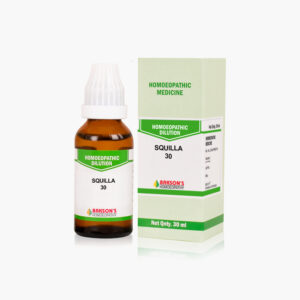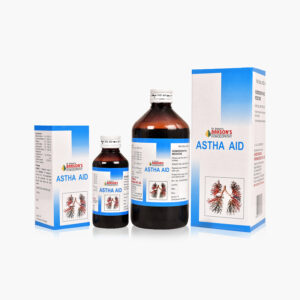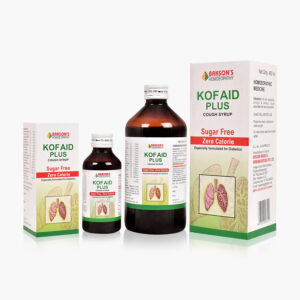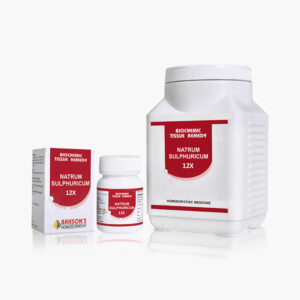What is Bronchitis?
Bronchitis is the acute or chronic inflammation of the bronchial tubes which carry air to the lungs. Acute bronchitis lasts for a few weeks and Chronic bronchitis is recurrent or it comes back again and again.
Causes
About 5% of adults suffer from an episode of acute bronchitis each year. It is caused by infection of the large airways commonly due to viruses and is usually self-limiting. It can also be caused by allergens, bacteria and irritants, which include smoke inhalation, polluted air inhalation, dust, etc.
Chronic bronchitis can be defined as a chronic productive cough lasting more than 3 months occurring within a span of 2 years. There is a strong causal association with smoking and it is often secondary to chronic obstructive pulmonary disease (COPD).
Signs and Symptoms
Acute bronchitis presents with productive cough, malaise, difficulty breathing, and wheezing. Cough typically persists for 10 to 20 days but may also last for 4 or more weeks. A prodrome of URI symptoms like runny nose, sore throat, fever, and malaise are common. A low-grade fever may be present as well. Lung auscultation may be significant for wheezing.
Chronic bronchitis is characterized by the presence of cough for most days in a month lasting for 3 months with at least 2 such episodes occurring for 2 years in a row. A productive cough with sputum is present in about 50% of patients and the sputum color may vary from clear, yellow, green or at times blood tinged. Generalised malaise is commonly present. Rarely, patients may complain of chest pain or abdominal muscle pain due to the continuous forceful coughing.
Diagnosis
Acute bronchitis is mainly a clinical diagnosis based on history, lung examination, and physical findings. Oxygen saturation helps to assess the severity of the disease along with the pulse rate, temperature, and respiratory rate.
For the diagnosis of chronic bronchitis it is important to obtain the typical history to exclude other possible diseases of the lower respiratory tract. CBC, Chest X-ray, sputum culture, etc might be required in some cases.
Management
Acute bronchitis is self-limiting and treatment is typically symptomatic and supportive therapy. Lifestyle modification like smoking cessation and the avoidance of allergens and pollutants can help to avoid any recurrence and complications.
For chronic bronchitis, treatment aims to relieve symptoms, prevent complications and slow the progression of the disease. Pulmonary rehabilitation which consists of education, lifestyle modification, regular physical activity and avoidance of exposure to known pollutants either at work or living environment is an important part of the treatment.
Warning: Above information provided is an overview of the disease, we strongly recommend a doctor’s consultation to prevent further advancement of disease and/or development of complications.
Disclaimer: The information provided herein on request, is not to be taken as a replacement for medical advice or diagnosis or treatment of any medical condition. DO NOT SELF MEDICATE. PLEASE CONSULT YOUR PHYSICIAN FOR PROPER DIAGNOSIS AND PRESCRIPTION.



 Login
Login









